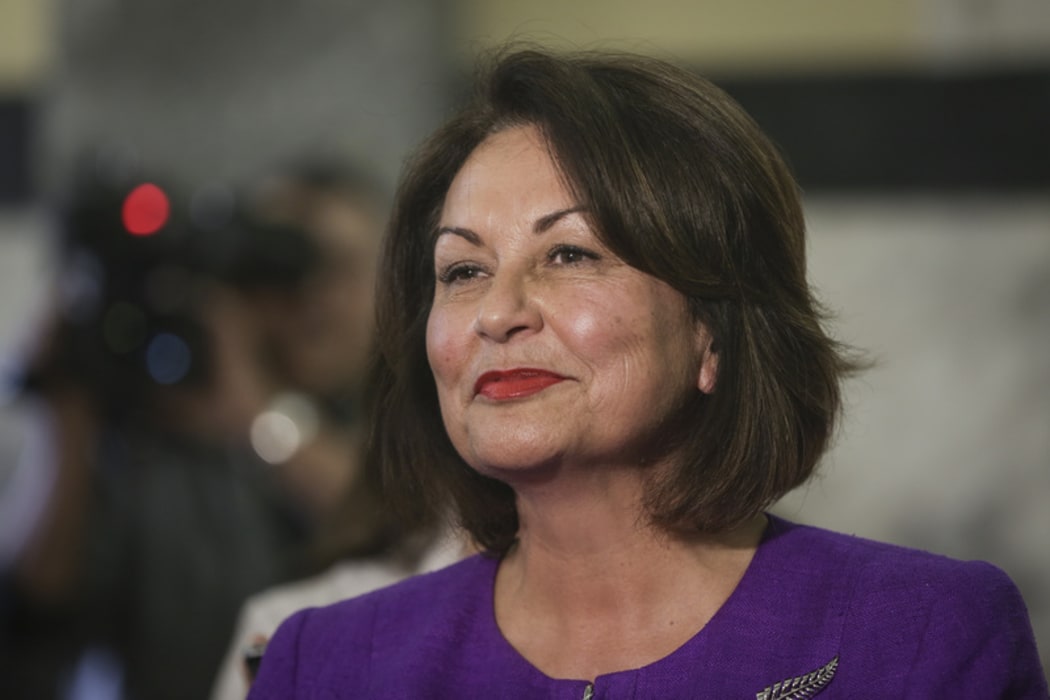The government has found new indicators it considers more accurate than the decile system for identifying disadvantaged children who do badly at school.

Photo: RNZ / Rebekah Parsons-King
Education Minister Hekia Parata announced this morning the next steps in the government's review of the school and early childhood funding systems would go ahead.
Ms Parata said six out of seven government proposals would progress, including a replacement for the decile funding system and new methods of allocating money for school property maintenance and to private schools.
The government is moving to replace deciles by 2020 as part of a wider overhaul of school and early-childhood funding.
She said she was disappointed the school sector opposed the government's suggestion of a form of bulk funding called the global budget.
"I am disappointed in the response that says 'well, you know we do want flexibility but not about that'. However I respect that that is the view of those who will be in schools every day."
Ms Parata said the new system would target funding to where it was needed most.
School deciles are based on 12 indicators applied to groups of houses.
A Cabinet paper published today showed 42 percent of the children school deciles identified as disadvantaged did poorly at school.
But a new set of 19 indicators applied to individual children captured a higher percentage of lower-achievers, at 57 percent.
Indicators included proportion of time since birth spent on benefits, whether the child had a notification with Child, Youth and Family, the mother's age at the child's birth, and the child's gender.






